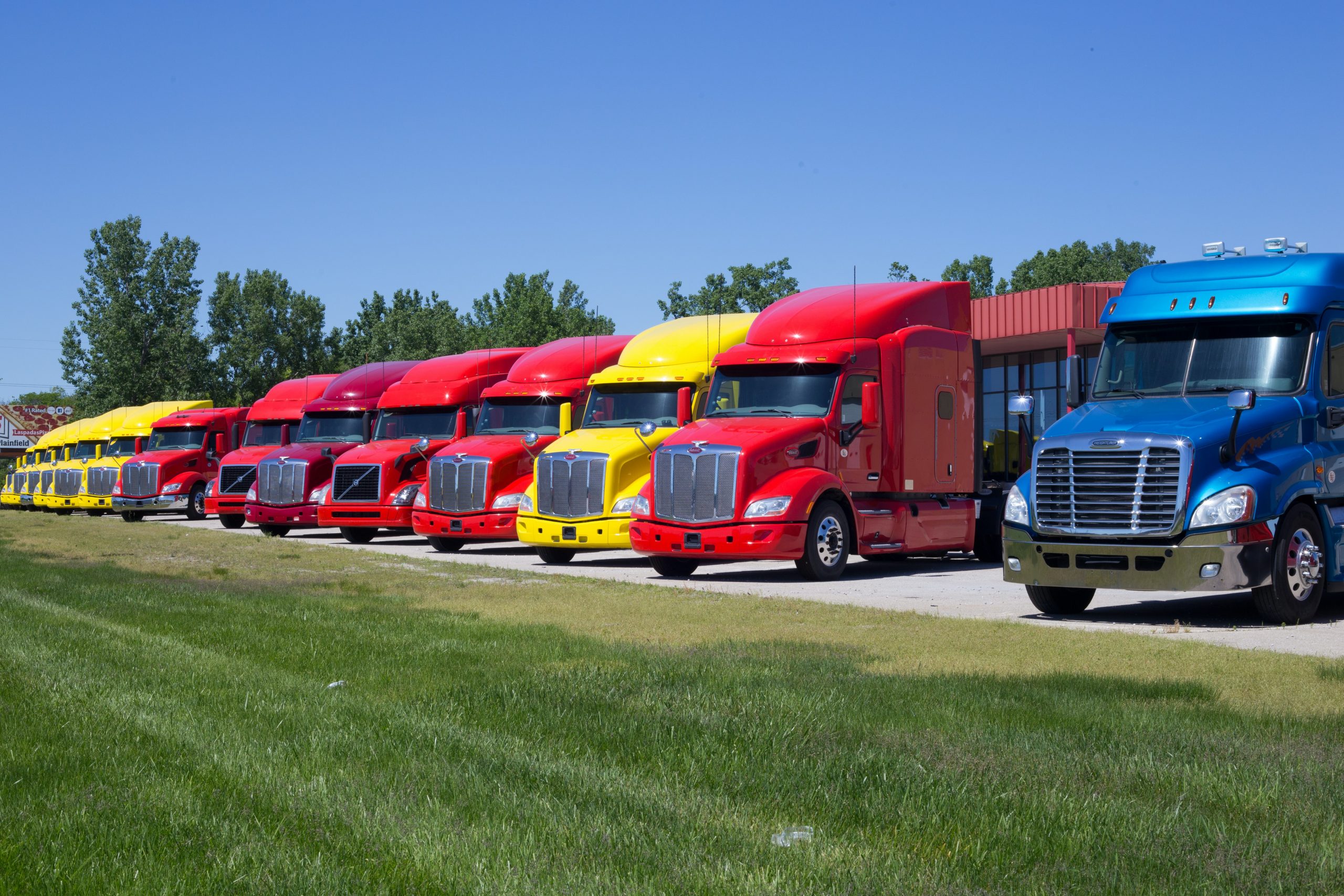
Canada’s Trucking Industry: Careers for People with Drive!
October 26, 2015Virtual Cannexus videos now available for free online
October 27, 2015By Susan Denommee and Susan Liu Woronko
For newcomers looking for work in Canada, soft skills are just as important, if not more, than credentials and experience
(Cet article est disponible en français sur ceric.ca/fr/resource/magazine-careering/)
Canada is a vast country rich in cultural diversity; with the advent of technological advances and economic globalization, Canadian businesses are focusing more on recruiting workers who can demonstrate they possess the necessary “soft skills” for working within various work environments. These “soft skills” requirements are intangible and difficult to quantify, and are often lost on new immigrants to Canada.
As an employment specialist for 25 years, I have worked with many new immigrant clients over the years and have been repeatedly told by these recent arrivals that they lack Canadian experience to find work in their own profession. Though most immigrants have immigrated to Canada with the technical competencies and direct occupational experience from their home country, they often assume this lack of Canadian experience means having direct work experience in Canada.
One day over coffee, I had a discussion with my sister who is an employer for a health care facility. I asked her what does having “Canadian experience” mean to her as an employer. She promptly shared that it means being able to understand Canadian workplace culture and to fully understand what quality service means to both internal and external customers.
Employers like my sister are looking for workers who are able to demonstrate that they will be able to adapt and blend in with the team and to represent the goals and values of the organization. It also means that potential workers must possess the self-management skills required to build and maintain strong workplace relationships. These “soft skills” are culturally defined and are generally learned through life experiences rather than through academic training.
Soft skills are the qualities that are necessary and required to establish trusting and collaborative working relationships with others. To be successful in a Canadian workplace, new immigrant workers must be able to demonstrate the following:
- Canadian business etiquette: To understand that every culture has their own unique social nuances and norms, and in Canada, eye contact, a firm handshake, appropriate use of personal space, a friendly smile and small talk are necessary social graces to establish rapport and build relationships.
- Cross-cultural communication: To be respectful, understanding and appreciative of cultural diversity and Canada’s mosaic social landscape; to be culturally sensitive and aware that what may be perceived as socially acceptable behaviour in one culture may not be acceptable in another; and to be open to another perspective that is different from your own and to find common ground to establish collaborative relationships.
- Emotional intelligence: To be self-aware of one’s strengths and weaknesses; to be accountable and responsible for own actions; and to learn from one’s mistakes and be open to feedback or constructive criticism. Making mistakes is how we learn and grow, and no one is perfect.
- Adaptable and flexible: The ability to assume multiple roles, to be able to cope with the stressors of changing circumstances and situations, and to be open to different ways of doing things and to other perspectives.
- Team orientation: Being a team player means being positive and able to work well with others, going the extra mile to help team members to meet task and project deadlines, and understanding that a positive attitude and outlook fosters an environment that helps the team meet the goals and vision of the organization.
- Conflict resolution and negotiation: The ability to resolve conflicts by being able to hear what is not said and to listen without prejudice; to be able to identify the issue and to understand the view point of another without one’s ego or personal biases getting in the way; and to understand that the ultimate goal is to create a collaborative and trusting relationship, and it’s not about being right or wrong.
- Customer service: The ability to anticipate and identify the needs of others with an attitude of helpfulness, accompanied by a friendly smile.
- Leadership qualities: To be a problem-solver who possesses the initiative to provide solutions or direction when needed, while making others feel supported and motivated; to have emotional control when facing conflict and adversity; and to understand that leadership qualities are not defined by having a formal job title of supervisor or manager.
These interpersonal and communication skills are weighed equally with academic credentials, technical competence and experience. Soft skills have become equally important if not more important than the hard skills within Canadian workplace cultures.
As a result of the importance of these skills, Canadian human resources professionals and employers have been using behaviour-based questions to determine the suitability of a candidate during employment interviews.
These types of questions are challenging as they tend to be open-ended, which allows the candidate a lot of flexibility in answering the question. Responses to these questions are not black or white. The premise behind these types of questions is that past behaviours will be an indication or reflection of one’s future behaviour in similar situations.
Following are examples of behaviour-based questions:
- Could you tell me of a time when you had a conflict with a co-worker?
- Tell me about a time when you had to resolve an issue over the phone with an angry customer.
- Describe a time when you had to make a difficult decision that impacted your team.
- Give me an example of a time when you demonstrated good leadership and team-building skills.
New immigrants can find these behaviour-based questions perplexing and often do not understand the relevance of being asked such questions when they already have the academic credentials and technical competence to qualify for the job. Moreover, they are likely to answer these types of questions with their own cultural experiences and not fit within the social norms of Canadian workplace culture.
Understanding Canadian workplace culture is a challenge for new immigrants as they often miss many of the social cues and nuances, which are subtle and may also be dismissed and perceived as inappropriate due to cultural differences.
Settlement and employment services will assist and mentor new immigrants in becoming more familiar with the social graces, attitudes and behaviours of Canadian workplace culture, and to learn job search techniques and strategies within the Canadian context to find work in related fields.
But more importantly, as these “soft skills” are culturally defined and are generally learned through life experiences rather than through academic training, the one advice that newcomer jobseekers have heard time and time again, but perhaps have not yet embraced, is VOLUNTEERING.
It is through life experience, such as volunteering, where one may pick up social cues or nuances, from repeated interactions that generate unexpected reactions. It is where one meets people from literally all walks of life and discovers that perhaps being an immigrant does not automatically mean one is an expert on cultural diversity. Through the trial and errors of these interactions, newcomers may craft their skill at establishing collaborative working relationships with others.
Employers are looking for workers who are able to demonstrate that they will be able to adapt and blend in with the team, and to represent the goals and values of the organization. There are plenty of ways for newcomers to demonstrate that they have the necessary soft skills without having worked in Canada. Perhaps through volunteering, potential workers can demonstrate that they can, and have, created trusting and collaborative working relationships.
Susan Denommee is a veteran Career and Employment Specialist with an academic background in applied communications, social change and technology, cultural anthropology and sociology. Susan Liu Woronko, who contributed to this article as an editor, immigrated to Canada from Taiwan as a teenager. She now manages employment programs at the DIVERSEcity Community Resources Society, helping new immigrants on the lower mainland of British Columbia find their dream job in their new country. For more information, visit dcrs.ca.

